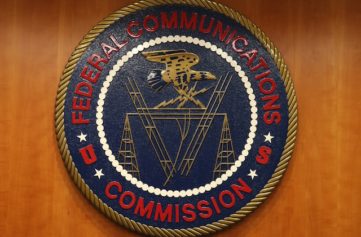The startling rate of growth seen on the web and in technology within just the past few years has revolutionized the way that we communicate, and has begun to affect the way that young people develop their views on the world.
According to a study commissioned by The Atlantic, 59 percent of people between the age of 18 and 29 believe that the Internet, or social media, is shaping who they are. Even for people over the age of 65, 38 percent believe the same. The study, conducted by Penn Schoen Berland and Associates, displays the clear impact of the Internet on American culture.
Three of the Internet’s largest social hubs are less than a decade old, with YouTube and Facebook being founded in 2005 and 2004 respectively, and Twitter being less than five years old. These former Internet startups found much of their user base in young Americans, who appear to be more aware and trusting of new technology.
According to the study, more than half of the Americans between 18 and 29 believe that the personal information they enter into social media sites like Facebook and Twitter will remain private, while only 38 percent of their elders believed their information to be safe.
With short-term data, it is impossible to know if these views are shaped by youthful naivete, or by a better understanding of Internet usage. While it is entirely possible that these optimistic young users could someday become distrusting adults, the survey also showed that the younger generation is generally much more liberal than the group over 65. Sixty-two percent of those ages 18 to 29 currently believe that homosexuality is “morally acceptable” compared to just 36 percent of those over 65.
Whether or not the development of these liberal views is tied to the rise of the Internet can’t be determined from short term data, but the implications of social media and Internet usage on personal identity are becoming hard to ignore.


